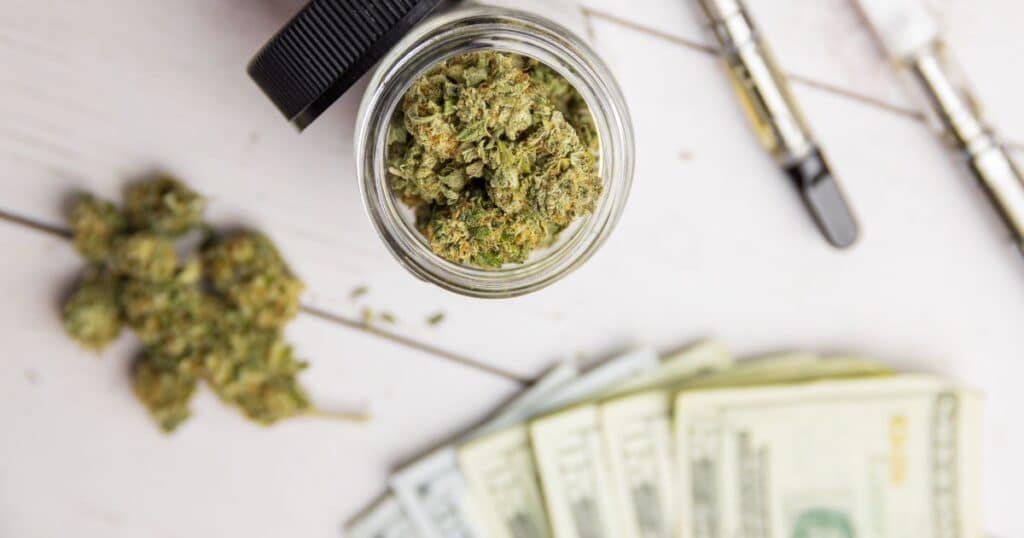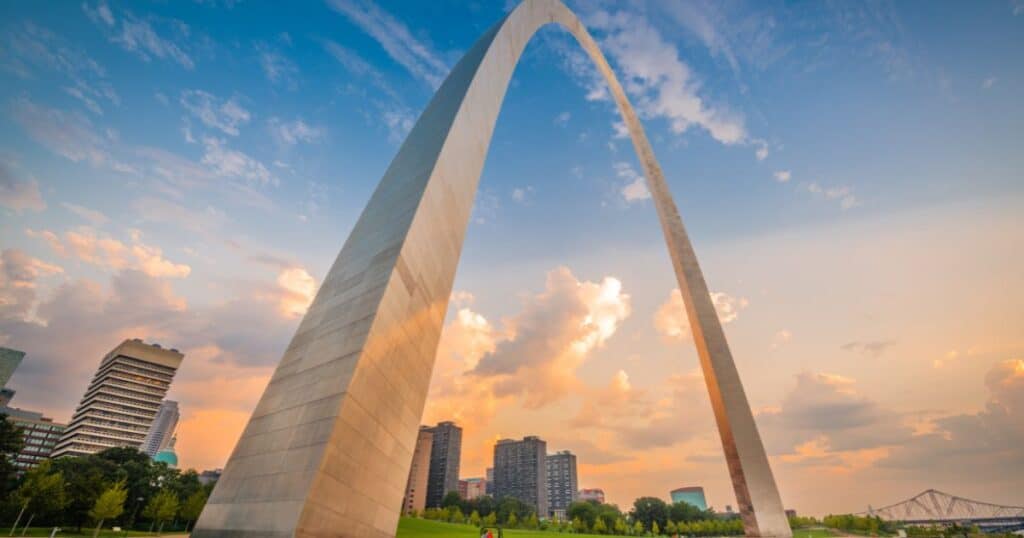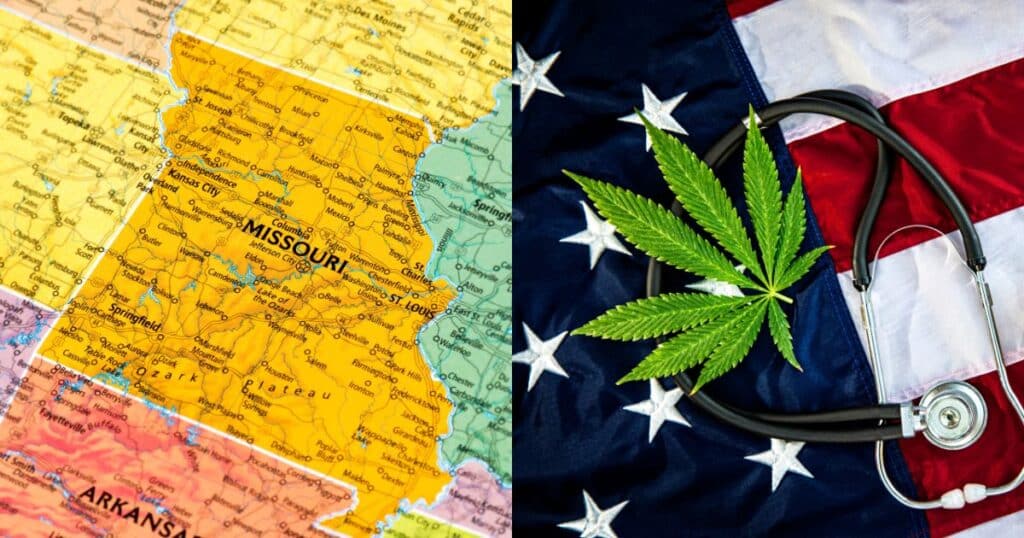St. Louis, Missouri- Since the legalization of recreational cannabis in Missouri in 2022, the state has seen significant economic and social benefits, particularly in supporting veterans, expanding substance use treatment programs, and bolstering the Missouri Public Defenders System. According to a report by the Missouri Independent, legal cannabis sales have generated over $19 million for these crucial causes.

Recreational cannabis sales have significantly boosted Missouri’s economy. In the first year of legal recreational sales, Missouri generated over $1.4 billion in cannabis revenue. According to data from the Department of Health and Senior Services, approximately $1.13 billion came from adult-use purchases, with the rest from medical marijuana transactions.
In January, Amy Moore, director of the Division of Cannabis Regulation within the Missouri Department of Health and Senior Services (DHSS), reported that cannabis sales had generated $58 million in revenue, as outlined by Missouri Independent in February.
This figure includes sales tax and annual fees Missouri cannabis businesses pay the state. After covering $8.2 million in operational costs for regulating the industry, such as salaries and professional services, the allocation of the remaining funds supports various social programs.
Supporting Veterans
One of the primary beneficiaries of the cannabis tax revenue is the Missouri Veterans Commission. The funds are specifically earmarked to pay for healthcare and other services for military veterans and their dependent families.
Last fall, the commission received $1.3 million, and earlier this month, an additional $5.1 million was transferred. These funds are crucial in ensuring that veterans receive the care and support they need, from medical treatments to counseling services.
Amy Moore expressed her enthusiasm about the positive impact of this voter-approved program, stating, “It is so rewarding to see the impact of this voter-approved program on organizations that provide vital services to Missourians.”
Last year, the Missouri Department of Health and Senior Services (DHSS) transferred $13 million from Missouri’s medical marijuana program to the Missouri Veterans Commission (MVC). This was the fifth transfer to date, bringing the total to $39,978,820 since the Missouri medical cannabis program started in late 2018.
Expanding Substance Use Treatment Programs
The DHSS is also using cannabis tax revenue to operate grant programs aimed at increasing access to drug addiction treatment. These programs emphasize reintegrating recipients into their local communities by supporting job placement, housing, and counseling. The goal is to provide an approach to substance use treatment that not only addresses addiction but also helps individuals rebuild their lives.
Last fall, these programs received $1.3 million, and earlier this month, they received an additional $5.1 million.
Funding the Public Defenders System
The Missouri Public Defenders System has also benefited significantly from the cannabis tax revenue. The funds provide legal assistance to low-income Missourians who might otherwise be unable to afford representation, ensuring that everyone has access to justice, regardless of their financial situation.
Similar to the veterans’ and substance use treatment programs, the public defenders system received $1.3 million last fall and another $5.1 million earlier this month.
The distribution of cannabis tax revenue follows a specific order. First, it covers the state’s costs for regulating the recreational marijuana industry. Then, it pays for court expenses related to expunging certain marijuana offenses from people’s records. After that, the leftover funds are divided among veterans’ programs, substance use treatment programs, and the public defender system.

The impact of cannabis tax revenue in Missouri has been significant for these programs, but it is just the beginning. Amy Moore expressed optimism about the future, stating, “We look forward to watching this impact grow and are grateful to be a part of it.”
As more states consider legalizing recreational marijuana, Missouri’s model shows how communities can effectively utilize cannabis tax revenue for their benefit.
















